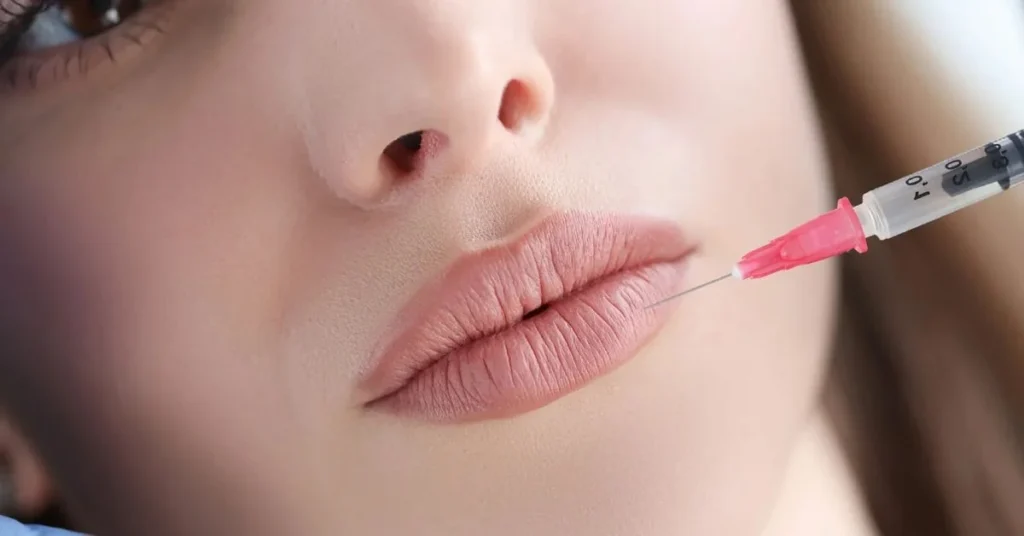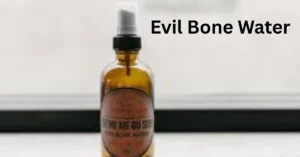Want to get lip fillers but don’t know what to expect from the results? Trust me, you’re not the only one. In recent years, the “lip filler before and after” comparison has risen to the top of the cosmetic improvement food chain. Lip fillers provide a versatile way to enhance your natural attractiveness, whether you want a little increase in lip volume or a larger, more defined pout.
However, it is natural to feel confused or anxious before making a commitment, given the abundance of information available. Because of this, we have compiled this comprehensive guide to help you learn all the ins and outs. Here, you will find all the information you need, from the composition of lip fillers and how the operation works to an accurate expectation of the outcomes. In addition, you will have access to professional advice, suggestions for both before and after treatment, and samples of actual results to help you visualize the transformation.
What Are Lip Fillers?
Injectable dermal fillers are known as lip fillers, and its purpose is to reshape, plump, and sculpt the lips. Hyaluronic acid, which the body produces naturally and uses to retain moisture, is the main component.
Benefits of Lip Fillers:
- Instant volume enhancement
- Smoother lip lines
- Defined lip borders (Cupid’s bow)
- Reversible and adjustable over time
Lip Filler Before and After: Realistic Expectations
It’s crucial to understand that lip filler results vary depending on the technique, filler used, and individual anatomy. Here’s what you can realistically expect:
- Before: Thin or uneven lips, fine lines, less volume
- Immediately After: Swelling and slight bruising
- Final Result (1–2 weeks): Fuller, smoother lips with enhanced shape
Common Types of Lip Fillers
| Filler Brand | Main Ingredient | Longevity | Texture |
| Juvederm | Hyaluronic Acid | 6-12 months | Smooth and plump |
| Restylane | Hyaluronic Acid | 6-9 months | Slightly firmer |
| Belotero | Hyaluronic Acid | 6 months | Lightweight |
Each type is suited for different aesthetic goals. Discuss options with your provider to choose the best one for you.
What to Expect: The Process Explained
Here’s a quick breakdown of how a typical lip filler session goes:
- Consultation: Discuss goals and assess suitability.
- Numbing: A topical anesthetic is applied to minimize discomfort.
- Injection: The filler is strategically injected.
- Post-Injection: Ice packs are applied to reduce swelling.
The procedure usually takes 20–30 minutes and results are seen almost immediately, though full results settle after about 10–14 days.

Healing Timeline: Lip Filler Recovery Stages
Below is a detailed HTML table outlining what you may experience after your treatment.
HTML Table: Lip Filler Progression Timeline
| Day | What to Expect | Care Tips |
|---|---|---|
| Day 1 | Swelling and mild discomfort | Apply ice, avoid touching lips |
| Day 2–3 | Bruising may appear | Avoid blood thinners, continue icing |
| Day 4–5 | Swelling starts to reduce | Stay hydrated, use arnica gel |
| Day 6–7 | Lips begin to settle | Resume normal routine |
| Day 10–14 | Final result visible | Schedule a follow-up if needed |
Do’s and Don’ts After Getting Lip Fillers
Do:
- Stay hydrated
- Sleep with head elevated
- Use cold compresses
Don’t:
- Touch or massage your lips
- Exercise for 24–48 hours
- Consume alcohol or caffeine immediately after
Before and After Tips for the Best Results
To ensure optimal “lip filler before and after” results:
Before Your Appointment:
- Avoid alcohol and aspirin 48 hours prior
- Eat a light meal
- Communicate your goals clearly with your injector
After Your Appointment:
- Follow aftercare instructions strictly
- Be patient—final results take time
- Consider touch-ups after 6–12 months
Conclusion
If you want a modest improvement or a dramatic change, it’s important to know what to expect before and after getting lip filler. Maximize your outcomes by selecting a skilled injector, setting realistic expectations, and according to aftercare instructions.
FAQs
1. How long do lip- fillers last?
Most lip- fillers last between 6 to 12 months, depending on the type of filler and your body’s metabolism.
2. Are lip fillers painful?
With numbing cream, most patients experience only mild discomfort, similar to a pinch.
3. What are the side effects of lip- fillers?
Common side effects include swelling, bruising, and tenderness. Serious side effects are rare when performed by professionals.
4. Can I dissolve my lip- fillers if I don’t like them?
Yes, hyaluronic acid fillers can be dissolved with an enzyme called hyaluronidase.
5. What’s the cost of lip- fillers?
Prices vary depending on your location and the clinic but typically range from $400 to $800 per syringe.
For more information, click here.









